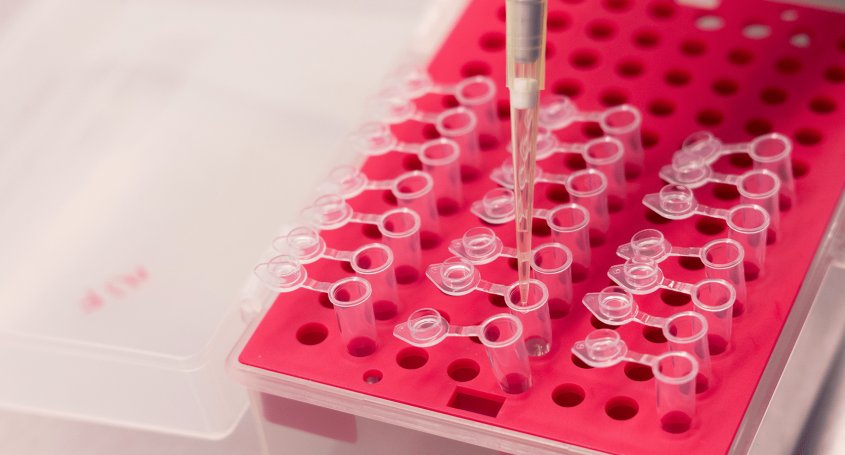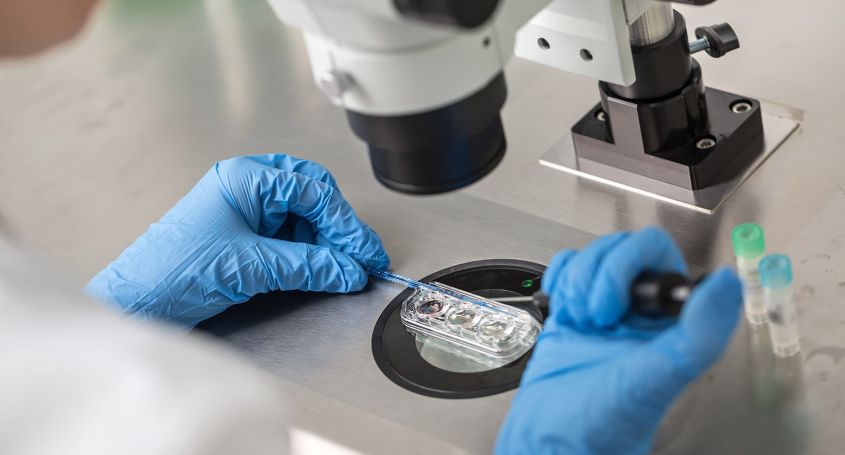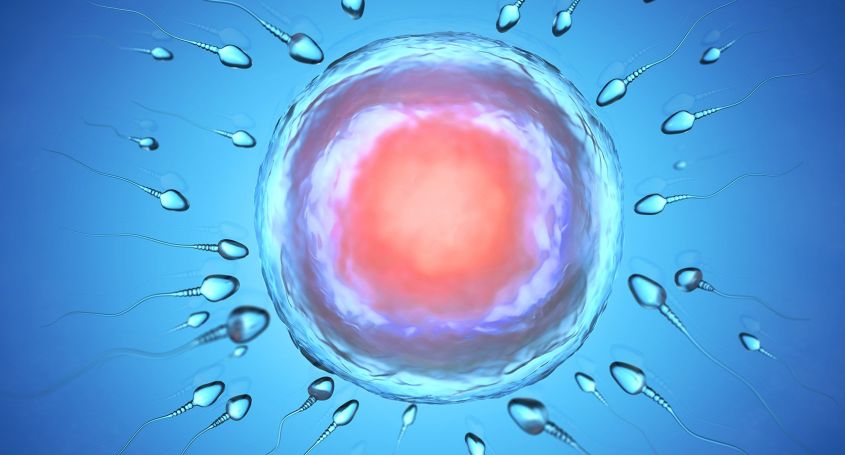Starting an assisted reproduction treatment can raise many questions. At "Fertilidad al Día", our specialists answer the most frequent questions of our patients, providing clear information based on scientific evidence.
In this issue, we address key questions about embryo quality, implantation and recurrent miscarriage. We explain how embryos are evaluated, what factors can influence their development and what strategies can improve success rates in a fertility treatment.
If you are in an assisted reproduction process or are considering starting it, this section will help you better understand each stage and solve some of the most common concerns.
How do you know if the embryos are of good quality?
The quality of the embryos is evaluated using morphological and genetic criteria. In morphological evaluation, embryologists analyze, among other factors, the number and symmetry of cells, their fragmentation rate, and the presence of multinucleation (several nuclei in the same cell).
In addition, at Barcelona IVF we have the iDAScore technology, a system based on artificial intelligence that evaluates the quality of embryos with objective criteria. iDAScore technology helps embryologists optimize the embryo selection process and improve success rates.
On the other hand, Preimplantation Genetic Diagnosis (PGD) makes it possible to detect chromosomal and genetic abnormalities in embryos before their transfer, which increases the chances of implantation and reduces the risk of miscarriage.
What to do and what not to do to help the implantation of the embryo?
Assisted reproduction specialists ensure that the endometrium is in the receptive phase at the time of embryo transfer.
It is important to carry out, before performing an embryo transfer, the necessary tests to ensure that the uterine cavity is correct. In general, a vaginal ultrasound is enough, but sometimes diagnostic hysteroscopy or even endometrial biopsy must be performed to verify that the endometrium is correct.
On a personal level, once the transfer has been carried out, there are no specific measures that guarantee the implantation of the embryo. It is advisable to maintain a normal and relaxed routine, following the instructions of the medical team. It is advisable to maintain a balanced diet, avoid tobacco and alcohol consumption, and try to reduce stress.
How many days does it take for the embryo to implant in the uterus?
In a natural cycle, a woman with regular cycles will have the implantation window between days 19 and 21 of the menstrual cycle.
In vitro fertilization (IVF) processes, the implantation time depends on the stage of development of the embryo at the time of transfer:
- Embryo on day 3: Implantation can take between 3 and 5 days.
- Blastocyst (5 days): It is usually implanted between 1 and 2 days after the transfer.
When is it considered a recurrent miscarriage?
Repeated miscarriage is defined as the loss of two or more consecutive pregnancies before 20 weeks gestation.
What tests to do after repeated miscarriages?
In cases of recurrent miscarriages , a comprehensive evaluation is recommended that includes:
Genetic studies::
Karyotype analysis in both members of the couple to detect chromosomal abnormalities.
Chromosomal study and evaluation of the state of sperm DNA fragmentation.
Anatomical evaluation:
Hysteroscopy to examine the uterine cavity and rule out malformations, polyps, fibroids or adhesions.
Immunological tests:
Detection of antiphospholipid antibodies and other immunological alterations associated with an increased risk of miscarriage.
Study of the endometrial microbiome
Identification of possible asymptomatic chronic infections that may interfere with embryo implantation.
Hormonal studies:
ncluding the evaluation of thyroid hormones and prolactin.
Thrombophilia study:
Analysis of alterations in clotting factors that could increase the risk of miscarriage.
Dr. Cristina Guix
Gynecologist specialized in fertility at Barcelona IVF





















